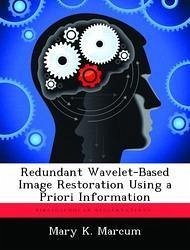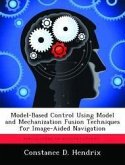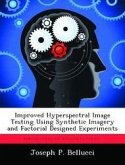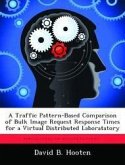Reconnaissance missions and satellites collect hundreds of images loaded with valuable information to be utilized by the Air Force. Intelligence operations must analyze these images to extract the information needed to help commanders make important decisions. No matter how obtained, images of this type are often degraded by noise due to disruptions such as atmospheric disturbances, optical system variations, motion, and large distance from the sensor to the source. This noise must be removed effectively to improve the quality of these images and ensure that the information contained in them can be correctly extracted. The Air Force relies on the critical information contained in these images and therefore effective noise removal is critical. Limitations in current image restoration techniques cause visually disturbing effects in reconstructed images. Therefore, a more effective algorithm for noise removal is required. This thesis will explore the use of redundant wavelet-based multiresolution image processing and a priori information to enhance current image restoration techniques. Often on an airplane, tank or other military vehicle or building there may be a known symbol, which can be used as perfect a priori information to restore the entire image. An adaptive redundant discrete wavelet transform will be trained using this a priori information. Constant and adaptive thresholds are used on the noisy image while in the wavelet domain. The quality of the reconstructed image is improved over nonadaptive techniques.
Hinweis: Dieser Artikel kann nur an eine deutsche Lieferadresse ausgeliefert werden.
Hinweis: Dieser Artikel kann nur an eine deutsche Lieferadresse ausgeliefert werden.








